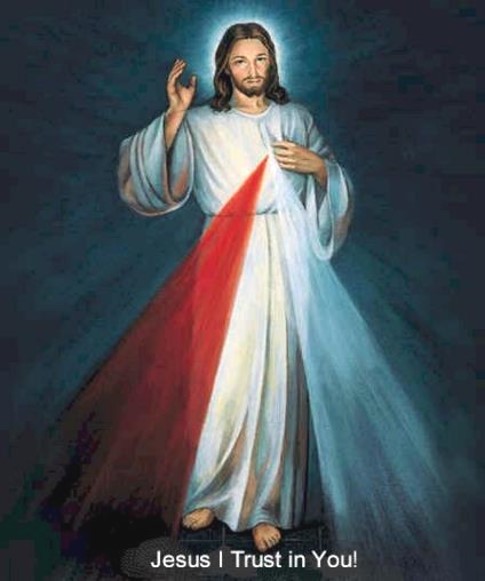- Home
- Our Community
- Our Faith
- Parish Life
- Bulletin
- Contact Us
- Search

2nd Sunday Easter - Year A
“The death of Jesus is nothing for us if we have not died with Him; the resurrection of our Lord is nothing for us if we have not been raised with Him”. These are the words of Swiss theologian Emil Brunner (1889 – 1966), who insisted that Christ and the Christ – event are not merely to be remembered but experienced. Citing the example of the first disciples as living proof of his point author Jones once suggested that the early followers of Jesus had little ritual but a mighty realization. They went out not only remembering Christ but experiencing him. That experience became the focal point of their lives, the reason for their joy, the cause of their hope and the impetus of their ministry (1st reading, Acts 2:42-47).
In today’s second reading (1Pet 1:3-9), the author of 1 Peter describes the transformative experience of Jesus’ death and resurrection as new birth, a birth unto hope, a birth unto an imperishable inheritance, a birth unto salvation. This new birth enables believers to face the struggles of life and its sufferings with an irrepressible joy. However unclear it may be to us, the triumph of Easter and our experience of it dramatically change the way we look at the problems of life and the world.
To round out our individual and collective experiences of Jesus, who died but now lives, today’s Gospel (Jn 20:19-31) features the risen Lord breathing the Holy Spirit into his own. Through that action, they and we become “God-breathed”, taking in the very life-breath of the living God. Jesus’ challenge to Thomas remains a challenge for each of us: to move beyond the “touchy-feely” world of empirical science that demands tangible proof and into the realm of faith that doesn’t see but believes and loves the living of faith that doesn’t see but believes and loves the living Lord.
Because of Jesus dead and risen, insisted Dietrich Bonhoeffer (Testament to Freedom, Harper-Collins Publishers, San Francisco: 1995), a new and purifying wind can blow through our present world. Because of Jesus’ resurrection and our experience of it, Archimedes’ challenge can be answered: “Give me somewhere to stand and I will move the earth”. If only a few people really believed and acted on the experience of Jesus’ resurrection, said Bohoeffer, the world and we would be greatly and forever changed. To live in the light of resurrection – this is what Easter means.
SECOND SUNDAY OF EASTER OF THE DIVINE MERCY
The Second Sunday of Easter bears the extended title “Second Sunday of Easter of the Divine Mercy”. Pope John Paul II declared the new name on the Second Sunday of Easter during the Jubilee (2000).
The Image of The Divine Mercy will be on display in our church. Pope John Paul II said that the image portrays the Risen Jesus Christ bringing Mercy to the whole world.
